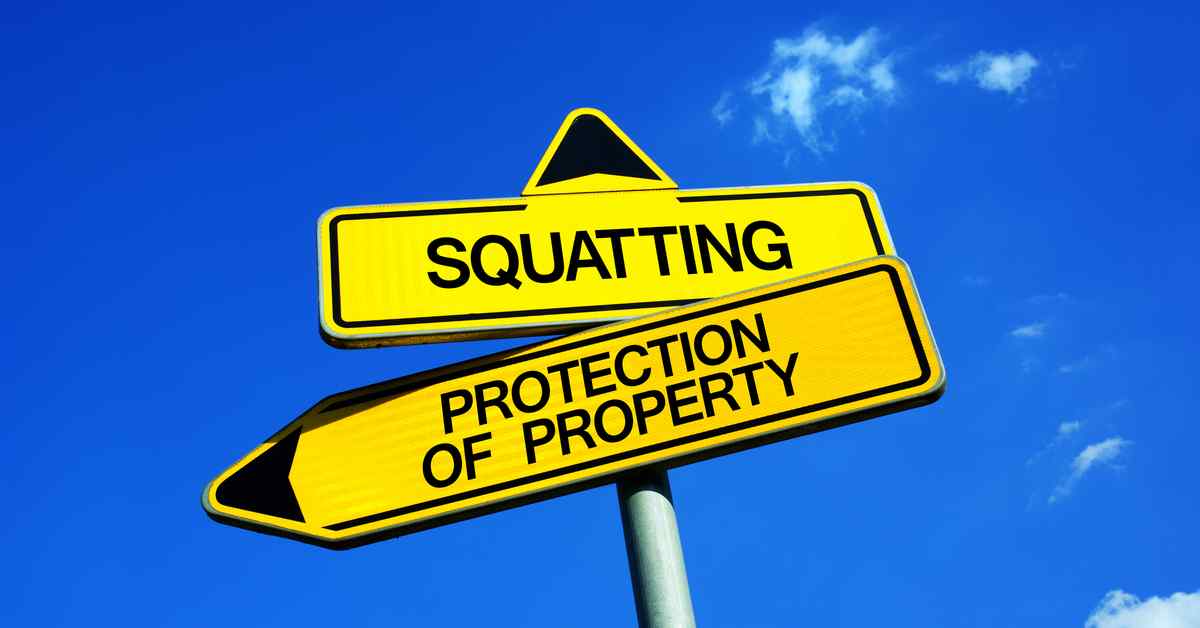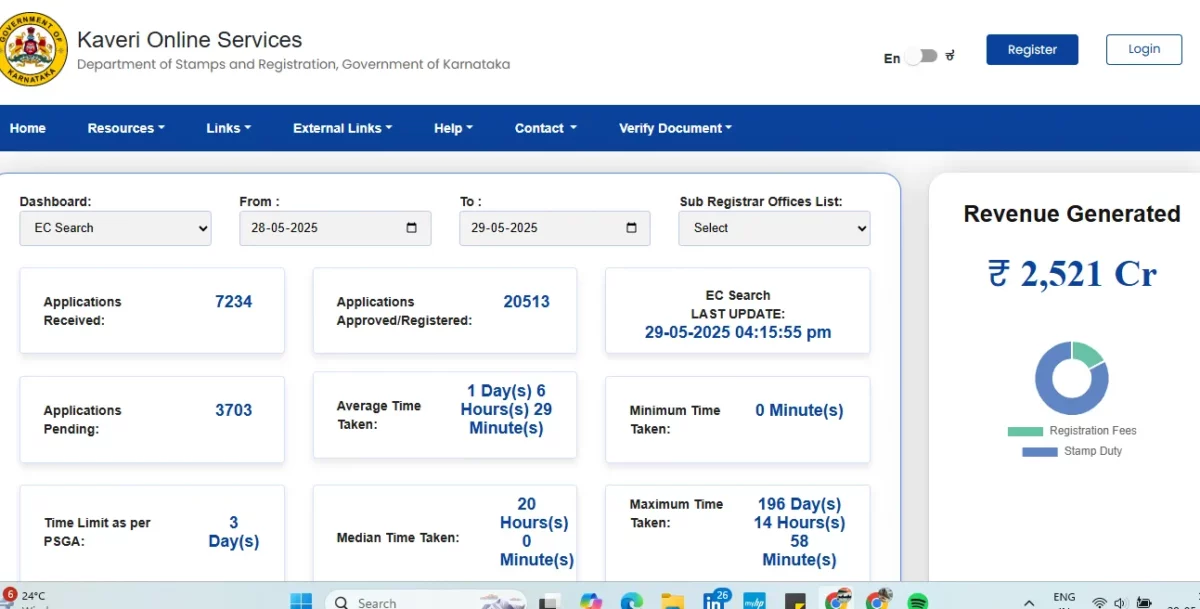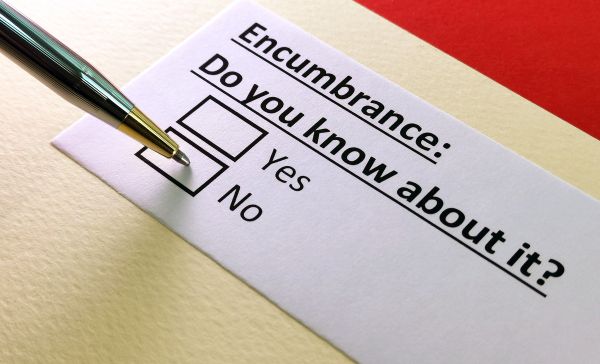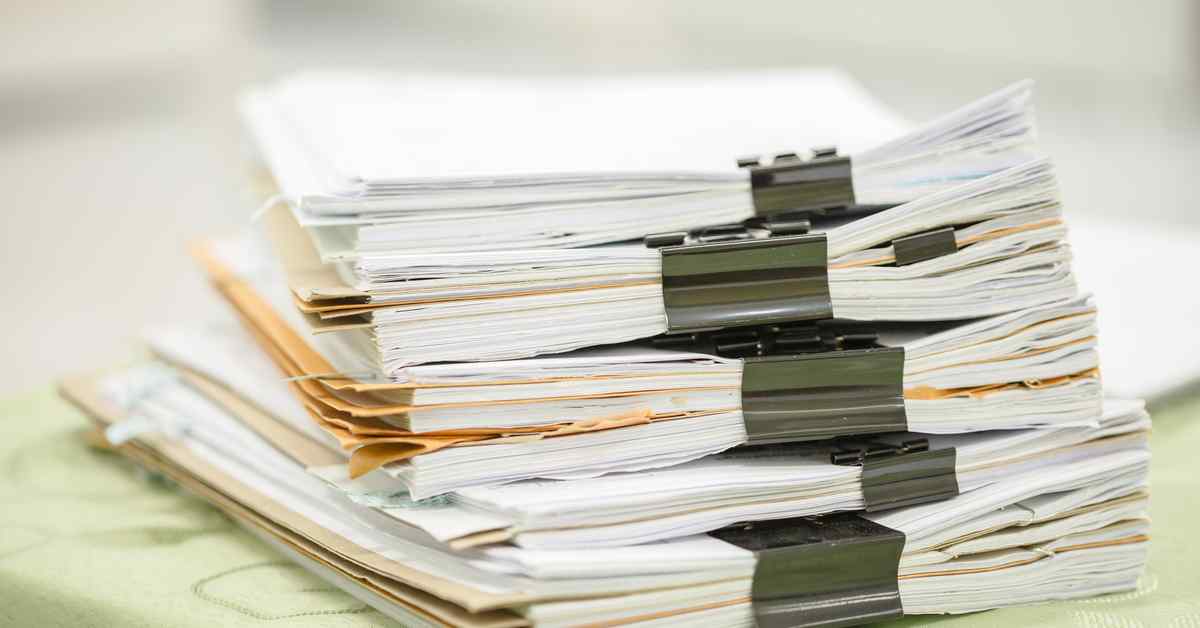Table of Contents
Quality Service Guarantee Or Painting Free

Get a rental agreement with doorstep delivery

Find the BEST deals and get unbelievable DISCOUNTS directly from builders!

5-Star rated painters, premium paints and services at the BEST PRICES!
Loved what you read? Share it with others!

Lal Dora Certificate: Understanding the registration process and its Implications
Table of Contents
Are you a property owner in Delhi or Haryana and have come across the term "Lal Dora certificate" but don't know what it is? This blog is for you. We will cover what a Lal Dora certificate is, how to obtain it, and why it is important.
By reading this blog, you will learn everything you need to know about Lal Dora certificates and how they impact your property ownership. So, keep reading to find out more!
Unlocking the Power of Lal Dora: Understanding the Lal Dora Certificate
What is a Lal Dora Certificate?

A Lal Dora certificate is a legal document that certifies that a property is situated in a village abadi area and is exempted from the regular building bye-laws and zoning regulations.
Quality Service Guarantee Or Painting Free

Get a rental agreement with doorstep delivery

Find the BEST deals and get unbelievable DISCOUNTS directly from builders!

5-Star rated painters, premium paints and services at the BEST PRICES!
To obtain a Lal Dora certificate, you need to provide documents such as property registration papers, proof of ownership, and land use documents.
Once you obtain a Lal Dora certificate, it legalizes your property and allows you to obtain various permits and licenses.
From Ancient Times to Modern Day: Tracing the History of Lal Dora
Lal Dora is a Hindi term used to describe the outer limits of a village, where agricultural land is used for non-agricultural purposes such as residential, commercial, or industrial purposes.
The term "Lal Dora" translates to "red thread," and it refers to the red line that was used in the past to mark the boundary of a village.
Lal Dora dates back to the British Raj when the British introduced the concept of delineating the boundaries of villages for revenue collection purposes. The Lal Dora concept was later adopted in the post-independence era by the Indian government, which recognized that the practice of using agricultural land for non-agricultural purposes was prevalent in rural areas. The Lal Dora concept provided a legal framework to regularize this practice.
Lal Dora Certificate: For the Two States - Delhi and Haryana
In Delhi and Haryana, Lal Dora has different connotations.
Lal dora Delhi refers to the areas that are exempted from building bylaws and other zoning regulations. These areas are usually located in the old parts of the city and are densely populated. The residents of Lal Dora areas do not have clear property titles, and the land is often sold and transferred through informal means.
In Haryana, Lal Dora refers to the land that falls within the village boundaries and is used for non-agricultural purposes. However, unlike in Delhi, Lal Dora land in Haryana is not exempted from building bylaws and zoning regulations. The Haryana government issues Lal Dora certificate Haryana to the residents of these areas, which provide legal recognition of their ownership rights.
Why You Need a Lal Dora Certificate: The Importance of Property Ownership

A Lal Dora certificate is essential for people who own properties in rural areas, especially in Delhi and Haryana. It legalizes your property and allows you to obtain various permits and licenses. Without a Lal Dora certificate, your property is considered illegal and may be subject to demolition.
Moreover, a Lal Dora certificate also ensures that your property is eligible for basic amenities like electricity, water supply, and sewerage.
Going Through the Process of Getting a Lal Dora Certificate
Navigating the Process: How to Obtain a Lal Dora Certificate

The process of obtaining a Lal Dora certificate can be a bit complicated and time-consuming. Firstly, you need to apply to the concerned authorities and submit the required documents. Then, a surveyor will visit your property to verify its location and boundary.
Once the survey is completed, you will receive a provisional certificate, and after paying the necessary fee, you will receive the final Lal Dora certificate.
Get Your Lal Dora Certificate: A Step-by-Step Guide to Registration
To register for a Lal Dora certificate, one must follow the below mentioned steps:
- Visit the local Municipal Corporation or Panchayat office in the area where the Lal Dora land is located.
- Obtain the Lal Dora Certificate application form from the respective office or download it from the official website.
- Fill the application form with accurate details such as the name of the applicant, address of the Lal Dora land, and other relevant information.
- Submit the application form along with the necessary documents to the concerned authority.
- Pay the prescribed fee for the registration of the Lal Dora certificate.
- Once the verification of the documents and the application is complete, the Lal Dora certificate will be issued.
Apply for Lal Dora Certificate Online: A Convenient Option
The online application process for Lal Dora Certificate varies from state to state. In some states, the online application process is not available, and one must visit the Municipal Corporation or Panchayat office to obtain the certificate.
However, in some states, the online application process is available, and one can follow the below-mentioned steps to apply online:
- Visit the official website of the concerned authority.
- Look for the Lal Dora Certificate application link and click on it.
- Fill the online application form with accurate details such as the name of the applicant, address of the Lal Dora land, and other relevant information.
- Upload the necessary documents in the prescribed format.
- Pay the prescribed fee online using a debit/credit card or net banking.
- Once the verification of the documents and the application is complete, the Lal Dora certificate will be issued.
Essential Documents for Lal Dora Certificate: What You Need to Know
To obtain a Lal Dora certificate, the following documents are required:
- Copy of the Jamabandi
- Copy of the Khasra Girdawari
- Copy of the Property Card
- Copy of the Aadhaar card
- Proof of ownership of the property
- NOC from the Revenue Department
Lal Dora Certificate Form and Fees
The Lal Dora Certificate form can be obtained from the Municipal Corporation or Panchayat office where the Lal Dora land is located. The fee for obtaining the Lal Dora certificate varies from state to state and is generally a nominal amount.
Checking the Validity of Your Lal Dora Certificate

After obtaining a Lal Dora certificate, it is essential to check its validity. You can check the validity of your Lal Dora certificate by visiting the concerned authorities or checking online on the official website.
Lal Dora Certificate vs Regularized Colony: Understanding the Difference
Many people confuse Lal Dora certificates with regularized colonies. However, both are entirely different concepts.
A regularized colony is a land that was once considered illegal but has now been regularized by the government. In contrast, a Lal Dora certificate is a certificate that legalizes a property situated in a village abadi area.
Understanding Lal Dora Certificates: A Boon for Investors
Lal Dora Properties: Unlocking the Hidden Gems of Land Ownership
The land that falls under the Lal Dora category is primarily used for agricultural purposes, but over time, it has been used for residential and commercial purposes as well. Lal Dora properties are essentially rural properties that are located in the outskirts of Delhi and Haryana.
These properties are unique in the sense that they are not bound by the usual urban development norms and regulations, and hence, are cheaper than other properties in the urban areas.
Why Lal Dora Matters: The Impact on Property Buyers and Sellers
Lal Dora properties are an attractive option for buyers and sellers due to their comparatively low prices and their exemption from urban development norms and regulations.
The properties under Lal Dora are often sold at much lower prices than those in urban areas, making them an affordable option for buyers.
Lal Dora properties are exempt from building by-laws and other regulations, which means that buyers can construct buildings without obtaining any permits from the government. This makes it easier for buyers to develop the property as per their requirements, which makes Lal Dora properties a preferred choice for commercial and industrial purposes.
Legal Aspects of Lal Dora Property Registration
The Lal Dora land falls under the jurisdiction of the Gram Panchayat, which is responsible for maintaining land records and issuing Lal Dora certificates. In order to register a Lal Dora property, the property owner must obtain a Lal Dora certificate from the village panchayat or local municipal authority.
The certificate verifies that the property falls within the Lal Dora limits and is exempt from many of the land laws and regulations that apply to other types of properties. It is important to note that Lal Dora properties are not eligible for building permits or any other type of construction-related approvals.
Developing Lal Dora Land: Unlocking the Potential for Growth
Lal Dora land has great potential for development, especially in rural areas that are close to major cities. While Lal Dora properties are not eligible for construction permits, they can still be used for agricultural purposes or for building small-scale structures such as farmhouses or storage units.
With the right permits and approvals, Lal Dora land can be developed into a thriving rural community with modern amenities and infrastructure. Developers and investors are increasingly looking towards Lal Dora land as a potential area for development and investment. However, it is important to note that any development on Lal Dora land must comply with the rules and regulations set by the local authorities.
Understanding the legal framework of Lal Dora properties:
Lal Dora refers to the red line that marks the boundary of villages in Delhi and Haryana. The land that falls within this boundary is exempt from building bylaws and property taxes, making it an attractive investment option.
However, it is crucial to understand the legal framework that governs Lal Dora properties. The Lal Dora certificate is an essential document that proves ownership of land within the Lal Dora boundary. It is issued by the revenue department of the respective state government.
Navigating Property Laws and Regulations for Lal Dora Properties
The ownership and transfer of Lal Dora properties are governed by the Indian Registration Act, 1908, and the Transfer of Property Act, 1882.
Additionally, the Delhi Land Reforms Act, 1954, and the Haryana Land Reforms Act, 1972, provide a legal framework for the transfer of Lal Dora properties. It is important to note that the Lal Dora certificate does not provide ownership of the land, but it merely certifies that the land falls within the Lal Dora boundary.
Resolving Disputes: Understanding the Mechanisms for Lal Dora Properties
Disputes related to Lal Dora properties can be resolved through various legal avenues, such as civil courts, consumer courts, and the revenue department.
It is important to note that the Lal Dora certificate plays a crucial role in resolving disputes related to Lal Dora properties. Additionally, buyers and sellers of Lal Dora properties should ensure that all necessary legal documentation is in place to avoid any disputes in the future.
Challenges and Loopholes in Lal Dora Property Laws: What You Need to Know
One of the major challenges in Lal Dora property laws is the lack of clear ownership records. Many Lal Dora properties have been passed down through generations without proper documentation, leading to disputes over ownership.
There have been instances of fraudulent Lal Dora certificates being issued, which can lead to legal complications in the future. Moreover, there is a lack of clarity on the development potential of Lal Dora properties, leading to uncertainty among buyers and sellers. To address these challenges, the state governments need to establish a transparent and robust legal framework for Lal Dora properties.
Lal Dora properties offer an attractive investment opportunity, but it is crucial to understand the legal framework that governs them. The Lal Dora certificate is an essential document for ownership and transfer of Lal Dora properties. Buyers and sellers of Lal Dora properties should ensure that all necessary legal documentation is in place to avoid any disputes in the future.
The state governments also need to address the challenges and loopholes in Lal Dora property laws to provide clarity and certainty to buyers and sellers.
Now that you know everything about Lal Dora certificates, it's time to take action. If you haven't obtained a Lal Dora certificate yet, we recommend doing so as soon as possible to avoid any legal issues. If you have any questions or need help obtaining a Lal Dora certificate land, NoBroker can help. Contact us today to know more.

FAQ's
Ans. A Lal Dora Certificate is usually valid for a period of 3 years from the date of issue. However, the validity period may vary depending on the state or region.
Ans. No, a Lal Dora Certificate is non-transferable. It is issued in the name of the owner of the property and cannot be transferred to another person.
Ans. No, not all properties in Lal Dora areas require a Lal Dora Certificate. Only those properties that are not regularized or fall outside the regularized boundaries of a village or town require a Lal Dora Certificate.
Ans. Yes, Lal Dora properties can be mortgaged or used as collateral for a loan. However, the lender may require additional documentation and verification of the property's ownership and status.
Ans. A Lal Dora Certificate is issued for properties located in Lal Dora areas that are not regularized, while regular property registration is done for properties that fall within the regularized boundaries of a village or town. Lal Dora properties may have different legal requirements and regulations compared to regularized properties.
Recommended Reading

Doctrine of Adverse Possession: What It Means and How to Claim Property Rights in 2025
May 28, 2025
92935+ views

EC Online Bangalore: Importance, Online Application and Status Check in 2026
June 1, 2025
69799+ views

Encumbrance Certificate Karnataka - Online and Offline Application Process in 2025
January 2, 2025
45325+ views

How to Apply Encumbrance Certificate in Tamilnadu Online and Offline 2025
May 1, 2025
44901+ views

Everything You Need to Know About NOCs for Property Transfer in India
January 31, 2025
37200+ views
Loved what you read? Share it with others!
Most Viewed Articles

Franking Charges Explained: Meaning and Benefits
January 31, 2025
1116767+ views

Society Maintenance Charges : Meaning, Cost, Types and Calculation
January 31, 2025
199877+ views

BBMP E-Khata Registration process for property owners in Bangalore, Karnataka in 2025
March 19, 2025
145603+ views

Daughter's Right in Fathers' Property - the Law is Finally Equal for both Genders?
June 1, 2025
144571+ views

Rectification Deed Format and Process in India 2025
June 1, 2025
135275+ views
Recent blogs in
What Is Cidco Lease Deed: Types, Tenure, Rights and Responsibilities in India 2026
February 20, 2026 by Ananth
Perpetual Lease Deed: Meaning, Rights, Benefits and Registration Process in India 2026
February 20, 2026 by Vivek Mishra
Ground Lease Vs Land Lease: Meaning, Key Features and Legal Distinctions in 2026
February 20, 2026 by Vivek Mishra
Lease Extension Agreement: Required Documents, Cost and Registration in India 2026
February 20, 2026 by Ananth
Mobile Home Lease Agreement: Types, Rights, Rules & Legal Requirements in 2026
February 20, 2026 by Ananth









 Full RM + FRM support
Full RM + FRM support
Join the conversation!